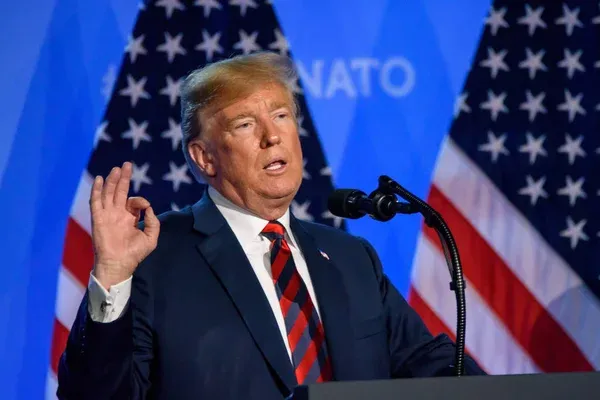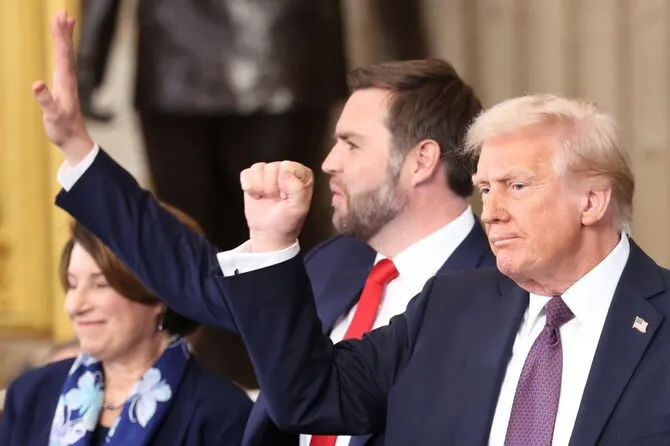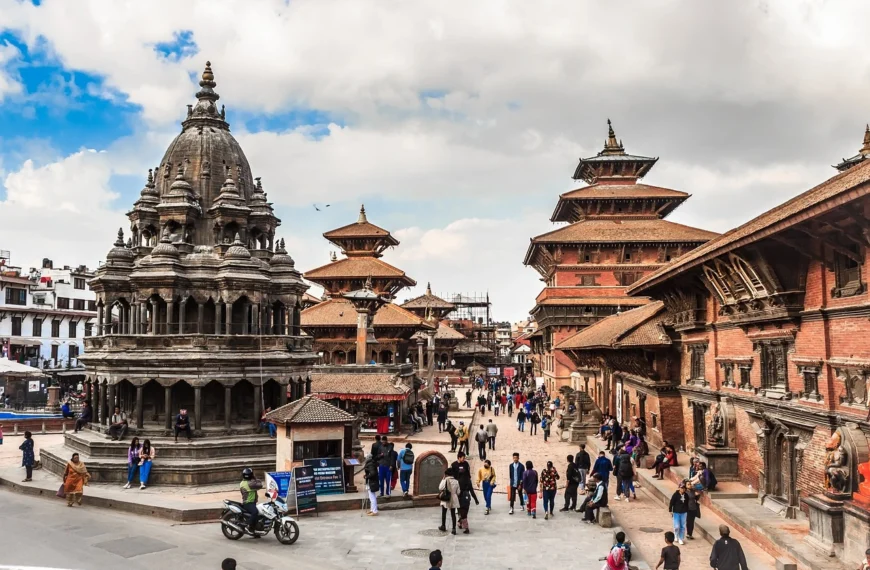Picture this: You’re born in the U.S., but instead of the usual “Congratulations, you’re an American citizen!” moment, someone hands you a “Maybe later, we’ll see” slip. That’s essentially what President Donald Trump’s executive order proposes. By targeting birthright citizenship, this policy aims to stop children born to non-citizen parents on U.S. soil from automatically becoming citizens. Trump’s argument? The Constitution was never meant to include them. While bold, this move is as legally precarious as balancing on a tightrope during a windstorm—cue the inevitable court battles.
The Constitutional Debate: What Does the 14th Amendment Say?
Ah, the 14th Amendment—the Beyoncé of constitutional clauses, always in the spotlight. It guarantees citizenship to anyone born or naturalized in the U.S. But here’s the twist: Trump’s order claims this doesn’t apply to children of non-citizens. However, history begs to differ. In 1898, the Supreme Court ruled in United States v. Wong Kim Ark that anyone born on U.S. soil (yes, even to non-citizens) is a citizen. So, rewriting this narrative via an executive order? It’s like trying to change a Netflix password without knowing the current one—not going to happen without serious pushback.
The Immediate Impact on Immigrant Communities
Now, imagine being an immigrant family in the U.S. You’ve worked hard, and contributed to the economy, and your child is born on American soil. Life should be straightforward, right? Not anymore. This policy would create confusion, fear, and a whole lot of paperwork nightmares. For communities from India, Mexico, and beyond, this could mean reconsidering their future in the U.S. It’s as if someone changed the rules of Monopoly mid-game—frustrating, unfair, and bound to cause an uproar.
Long-Term Implications for Future Generations
Fast forward a few decades, and the U.S. might be unrecognizable in terms of demographics and identity. Without birthright citizenship, children born to non-citizen parents could find themselves in limbo—stateless and struggling to access basic opportunities. Imagine a generation of talented, capable individuals left in the shadows because of where (or to whom) they were born. This isn’t just a policy change; it’s a potential cultural shift that could affect how America sees itself and how the world sees America.
Also Check: Trump Declares War on Illegal Immigration: National Emergency Explained
Legal and Social Repercussions: What Lies Ahead?
Get ready for the courtroom drama of the decade! Legal experts are gearing up to challenge this executive order, citing its unconstitutionality. Meanwhile, public opinion is splitting faster than a brunch bill. Supporters argue it’s about protecting national identity, while opponents believe it undermines the very foundation of American values. On the global stage, this move could ruffle more feathers than a seagull at a chip shop. How it all unfolds will likely redefine U.S. immigration policy for years to come.
Trump’s proposed end to birthright citizenship isn’t just another headline—it’s a historic pivot point. Whether this policy sticks or crumbles under legal scrutiny, one thing is clear: the debate over what it means to be American just got a whole lot louder. And for future generations, the stakes couldn’t be higher.















